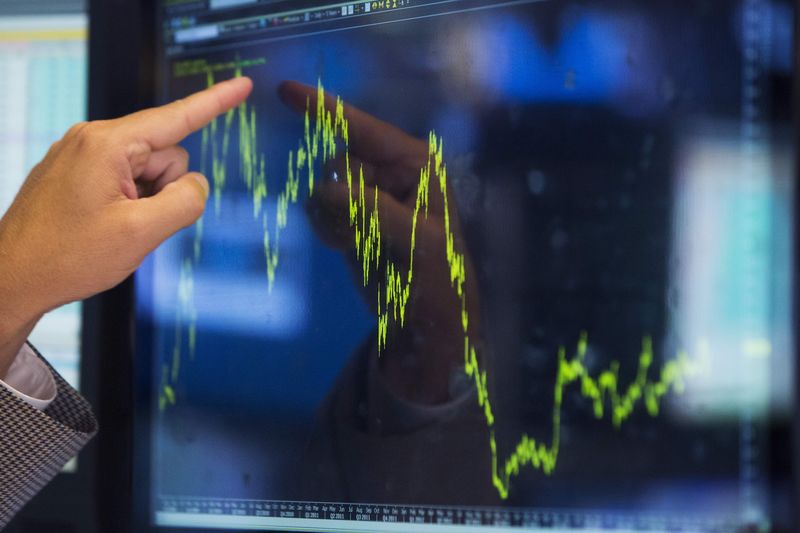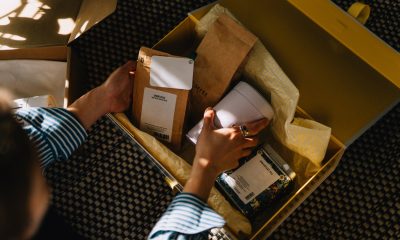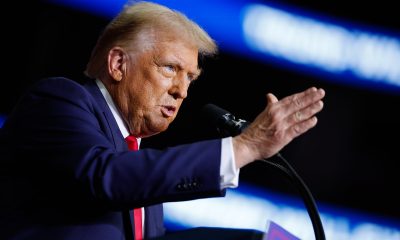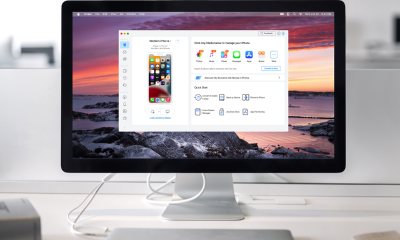Investing
US releases a third of electronics detained under China forced labor law, data shows

© Reuters. FILE PHOTO: A worker inspects solar panels at a solar farm in Dunhuang, 950km (590 miles) northwest of Lanzhou, Gansu Province September 16, 2013. REUTERS/Carlos Barria
2/2
By Nichola Groom
(Reuters) – U.S. customs officials have released more than a third of the electronic equipment, including solar panels, detained since last year under a new law meant to weed out products made with forced labor, according to data released on Tuesday.
The release of the new data dashboard by U.S. Customs and Border Protection comes a week after Reuters reported that U.S. imports of solar panels are finally picking up after months of gridlock stemming from implementation of the Uyghur Forced Labor Protection Act.
The stalled imports from major Chinese panel suppliers including Trina Solar Co Ltd and Jinko Solar Holding Co Ltd caused major delays in U.S. solar project development at a time when the sector is booming – a setback to the Biden administration’s climate goals.
According to the data, CBP has released 552 electronics shipments worth $345 million out of a total of 1,627 industry shipments valued at $841 million that were held for examination.
While it was unknown what percentage of those shipments are solar equipment, Reuters reported last year that as of late October, CBP had detained more than 1,000 shipments of solar energy equipment.
The UFLPA prohibits imports of products made in China’s Xinjiang region, where Chinese authorities are reported to have established labor camps for ethnic Uyghur and other Muslim groups. China denies any abuses.
The law requires producers to show sourcing documentation of imported equipment back to the raw material to prove that no portion came from Xinjiang.
The electronics sector accounts for 88% of the $961 million in total shipments that have been detained under the UFLPLA since June of last year. Just 17 electronics shipments, worth $7 million, have been denied entry into the U.S. market.
Most of the electronic shipments that were subjected to reviews were imported from Malaysia and Vietnam, with far smaller amounts from Thailand and China, according to CBP.
The data also shows detainments peaked in the federal government’s fiscal fourth quarter that ended in September and have steadily declined since then.
Read the full article here

-

 Side Hustles6 days ago
Side Hustles6 days agoHow to Create a Unique Value Proposition (With Tips & Examples)
-

 Side Hustles6 days ago
Side Hustles6 days agoThe DOJ Reportedly Wants Google to Sell Its Chrome Browser
-

 Investing5 days ago
Investing5 days agoAre You Missing These Hidden Warning Signs When Hiring?
-

 Make Money5 days ago
Make Money5 days ago7 Common Things You Should Never Buy New
-

 Investing7 days ago
Investing7 days agoThis Founder Turned a Hangover Cure into Millions
-

 Investing2 days ago
Investing2 days agoThis All-Access Pass to Learning Is Now $20 for Black Friday
-

 Side Hustles3 days ago
Side Hustles3 days agoApple Prepares a New AI-Powered Siri to Compete With ChatGPT
-

 Passive Income2 days ago
Passive Income2 days agoHow to Create a Routine That Balances Rest and Business Success


















